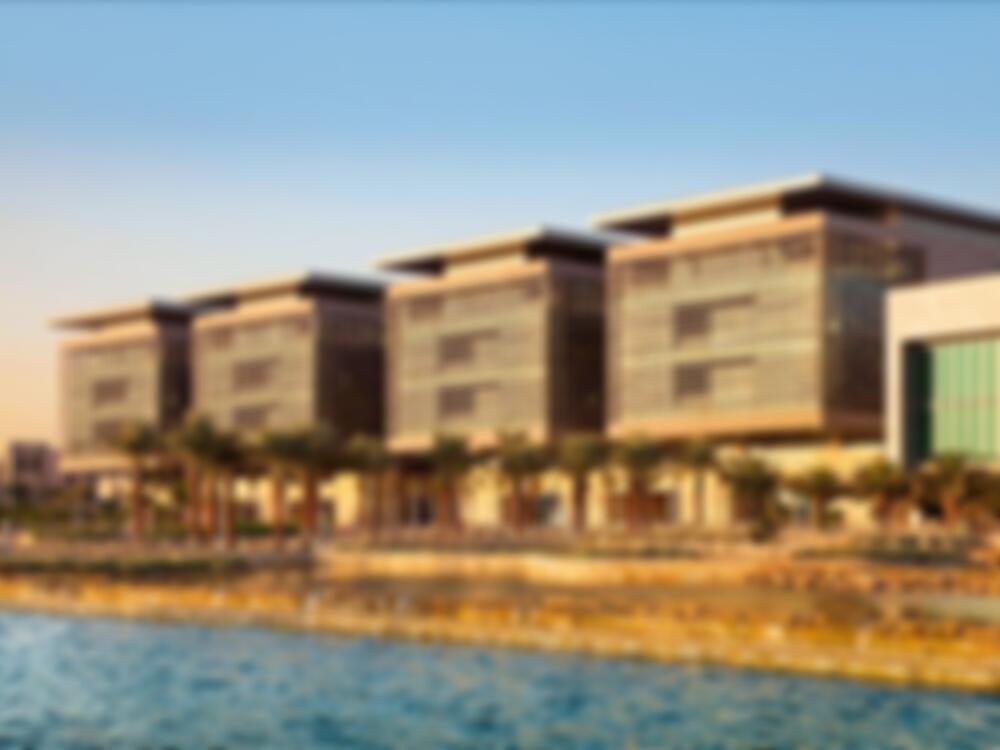The notions of sustainable design and energy efficiency first entered global consciousness following the energy shortages of the 1970s and 1980s. Influenced by ideas of energy independence, many designers in Europe and North America sought ideas and strategies that could help create energy-efficient buildings and cities. As they searched for design solutions, some researched the environmentally responsive elements of traditional...
Background: Sustainability in the desert
Issue
02/2011 DETAIL green
Source
DETAIL

© JB Picoulet/HOK

© JB Picoulet/HOK